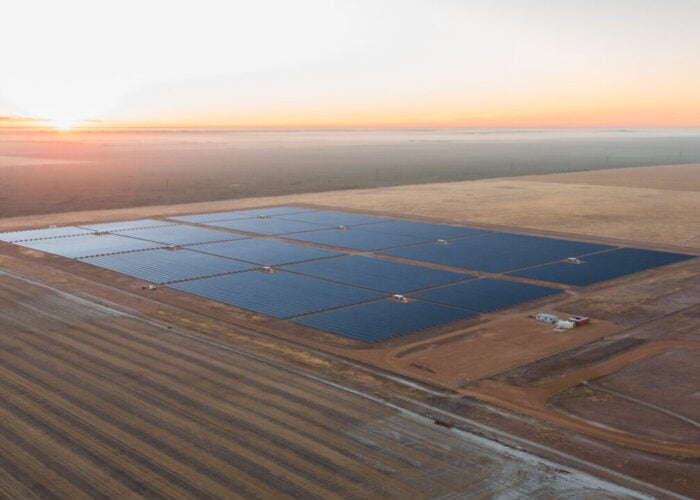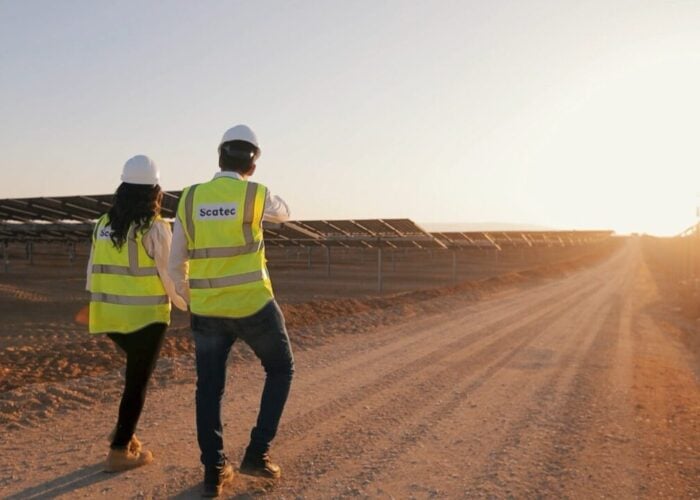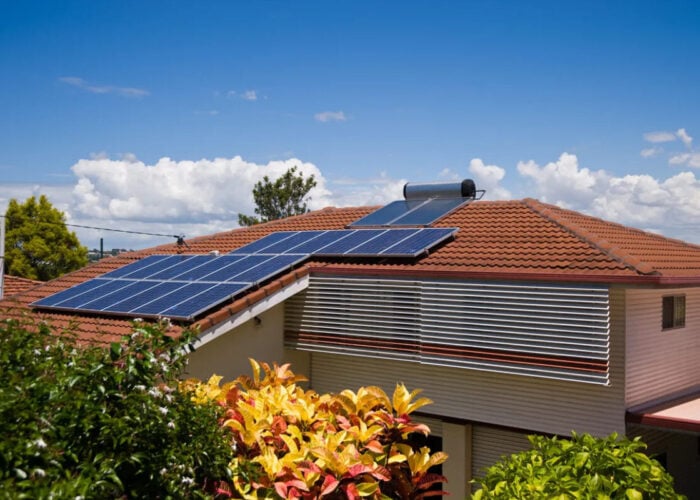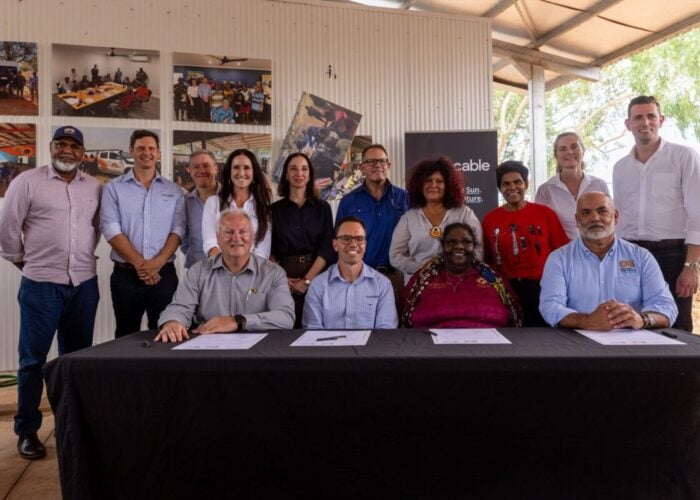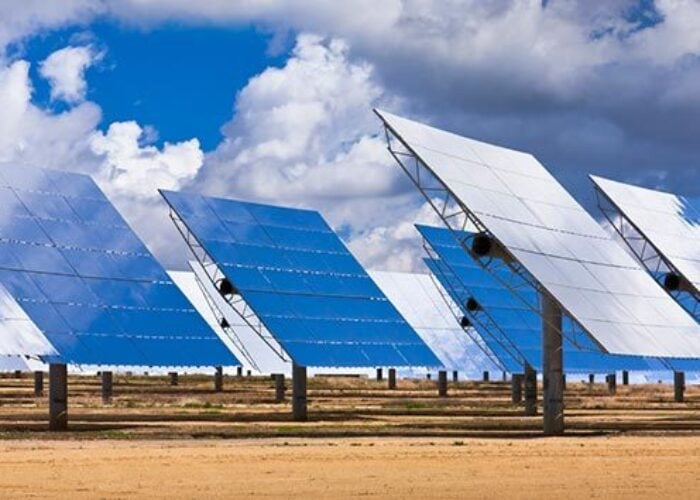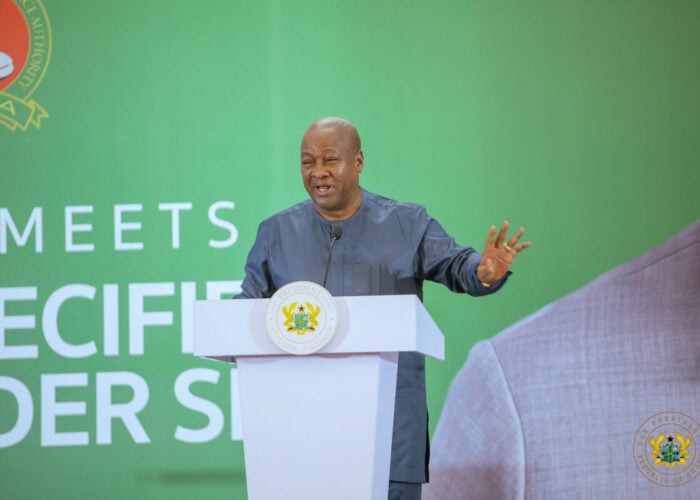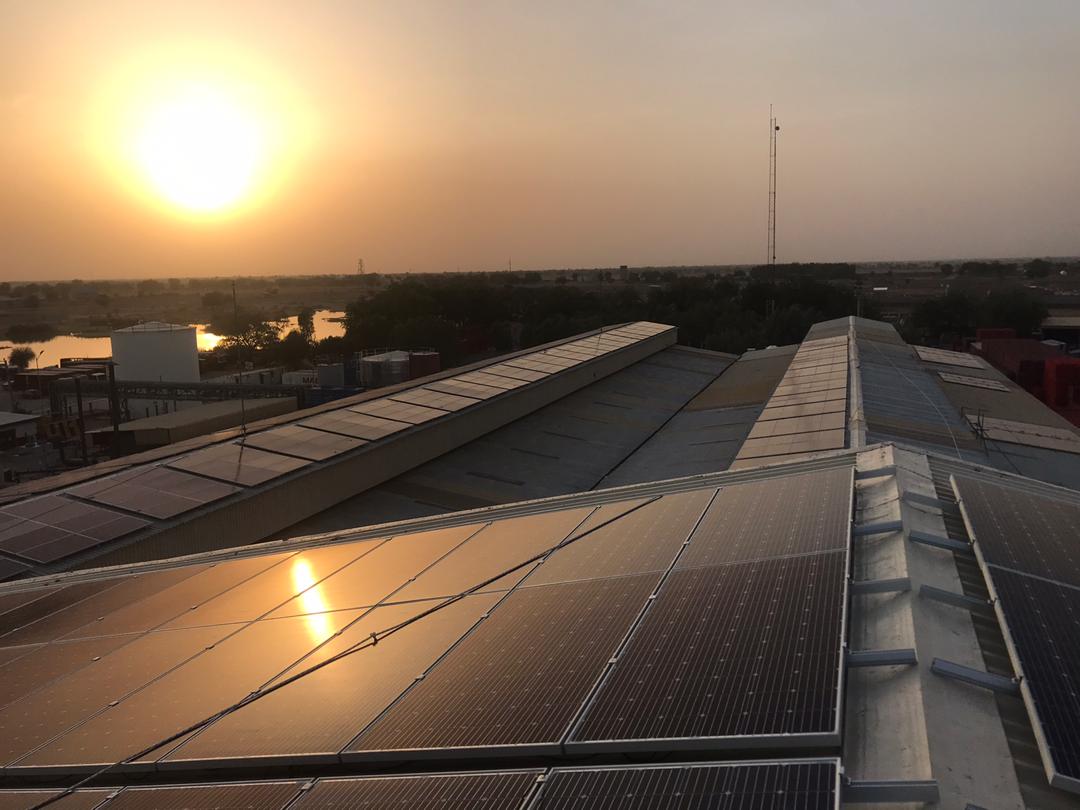
West African off-grid solar electricity supplier Daystar Power has raised US$38 million to expand its operations across the continent.
The Series B funding round was sourced from development finance institutions such as Denmark’s Investment Fund for Developing Countries (IFU) and Morgan Stanley Investments. It will be used to help the company accelerate its regional expansion in Nigeria, Ghana, Côte d’Ivoire, Senegal and Togo. The company also received US$10 million from a previous funding round by Verod Capital and Persistent Energy.
Try Premium for just $1
- Full premium access for the first month at only $1
- Converts to an annual rate after 30 days unless cancelled
- Cancel anytime during the trial period
Premium Benefits
- Expert industry analysis and interviews
- Digital access to PV Tech Power journal
- Exclusive event discounts
Or get the full Premium subscription right away
Or continue reading this article for free
Daystar’s chief executive officer and co-founder, Jasper Graf von Hardenberg, said in a statement on Tuesday (12 January) that the company hopes to replace diesel generators that are “unreliable” and “too expensive” with clean energy.
The company, which is owned by venture builder Sunray Ventures, focuses on generating solar electricity through medium and small-scale systems from 20KW to up to 2MW capacity. Daystar oversees 23MW of installed solar capacity across the continent to date, and said it hopes to expand to 100MW. Daystar previously worked with the Nigerian Agricultural Bank to install PV systems at the Bank of Agriculture's 158 nationwide locations and develop and operate solar power solutions for rural areas in the country.
Graf said the energy provider has seen “a more than 50-fold increase in power-as-a-service revenue” over the past two years as a result of offering power to commercial and industrial (C&I) clients.
“African businesses are realising that solar power — stand-alone or in tandem with a second power source — is a superior energy alternative to the often-unreliable grid or too expensive, polluting diesel generators.”
Thomas Hougaard, vice president of IFU in sub-Saharan Africa, said the electricity provider could accelerate the adoption of renewable energy in a number of Africa’s fast-growing markets.
“We believe that Daystar Power has the right elements — the client base, technology, engineering expertise, and executive leadership — to scale off-grid solar across West Africa,” he said.
Investment vehicle STOA, which was among the handful of financial institutions contributing to Daystar’s Series B funding, plans to invest more than 50% of its capital in both African enterprises and renewable energy. Charles-Henri Malecot, STOA’s chief executive, said he is “excited to start this journey alongside Daystar, which is perfectly positioned to provide reliable, environmentally friendly and cheap electricity to businesses across west Africa”.
West African states have been working for some time to build a solar generation corridor across the region, with the African Development Bank announcing plans to facilitate 10GW of solar across the Sahel region of Sub-Saharan Africa in 2018. The following year Nigeria, Mali, Ghana and the remaining members of the Economic Community of West African States (ECOWAS) were on the lookout for consultants to assist in the development of a solar corridor in the region, with the aim of installing 10GW between Senegal and Nigeria. The Nigerian government has itself set a target of sourcing 30% of the country’s energy demand from renewables by the end of the decade.
However, researchers claim that these initiatives will have a minimal impact on the continent’s total energy mix unless a large-scale cancellation of fossil fuel plants is implemented. A study from the University of Oxford published this week which used a state-of-the-art machine-learning technique to analyse over 2,500 currently planned power plants, found that while total electricity generation is likely to double over the next decade, fossil fuels will continue to dominate. The report estimates that non-hydro renewables will make up less than 10% of the continent’s energy supply by 2030.

